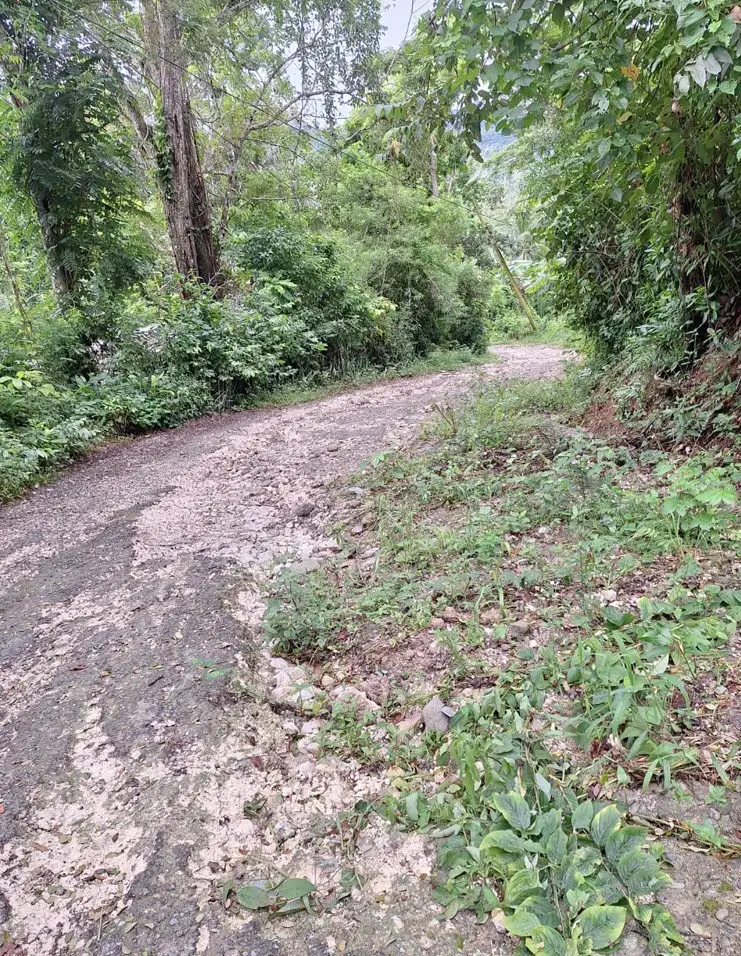Jamaica’s road infrastructure has long been a source of frustration and inconvenience for citizens, with potholes, uneven surfaces, and poor drainage creating a daily obstacle course. However, the Government, under the leadership of Prime Minister Dr. Andrew Holness, has unveiled an ambitious initiative to tackle this issue head-on. The $45-billion Shared Prosperity through Accelerated Improvement to our Road Network (SPARK) programme is set to revolutionize the nation’s road network, with the first phase expected to roll out by December this year.
The SPARK programme aims not just to patch up existing roads but to comprehensively rehabilitate and modernize the infrastructure, ensuring long-term benefits for Jamaicans. This initiative reflects a recognition of the fundamental role that well-maintained roads play in supporting economic growth, improving quality of life, and fostering national unity.
Community-Driven Development
One of SPARK’s most commendable aspects is its emphasis on community involvement. Unlike past projects where decisions were made behind closed doors, this initiative will actively include local communities in identifying priority roads. This marks a significant shift from the top-down approach that often left citizens feeling alienated and powerless.
By empowering residents to have a say in these projects, the Government is fostering a sense of ownership among the people. When citizens see their input reflected in national development, they are more likely to engage with and monitor the progress, ensuring accountability from contractors and local authorities.
Addressing Political Bias and Corruption
In the past, road development projects have often been marred by political favoritism, with resources allocated based on partisan priorities rather than genuine need. This has led to inconsistencies in road quality and connectivity, with some areas conveniently bypassed. SPARK’s transparent, community-centric model aims to mitigate such practices, although vigilance will be required to ensure fairness and integrity.
While it would be naïve to assume that corruption will be entirely eradicated, the programme’s inclusive approach should help curb its worst excesses. By involving citizens as watchdogs, the likelihood of shoddy work and mismanagement decreases.
The Need for Quality Assurance
However, ambition alone is not enough. For SPARK to succeed, it must prioritize quality assurance at every stage. Roadworks must adhere to strict engineering standards, with independent audits and inspections to confirm compliance. Payments should only be made upon satisfactory completion of projects, ensuring taxpayers get value for their money.
Drainage systems, often overlooked in previous projects, must also be a central consideration. Proper drainage prevents flooding, extends the lifespan of roads, and reduces maintenance costs. Without addressing this issue, even the most well-paved roads could quickly deteriorate.
A Step Towards National Unity
At its core, SPARK represents more than just a road rehabilitation project; it is a step toward national unity and shared prosperity. Well-maintained roads connect communities, improve access to essential services, and reduce transportation costs, benefitting all Jamaicans regardless of socioeconomic background.
As this project unfolds, it will be a test of the Government’s ability to balance ambition with execution. With strong oversight, community engagement, and a commitment to transparency, SPARK could be the catalyst for transforming Jamaica’s roadways and paving the way for a brighter, smoother future.






